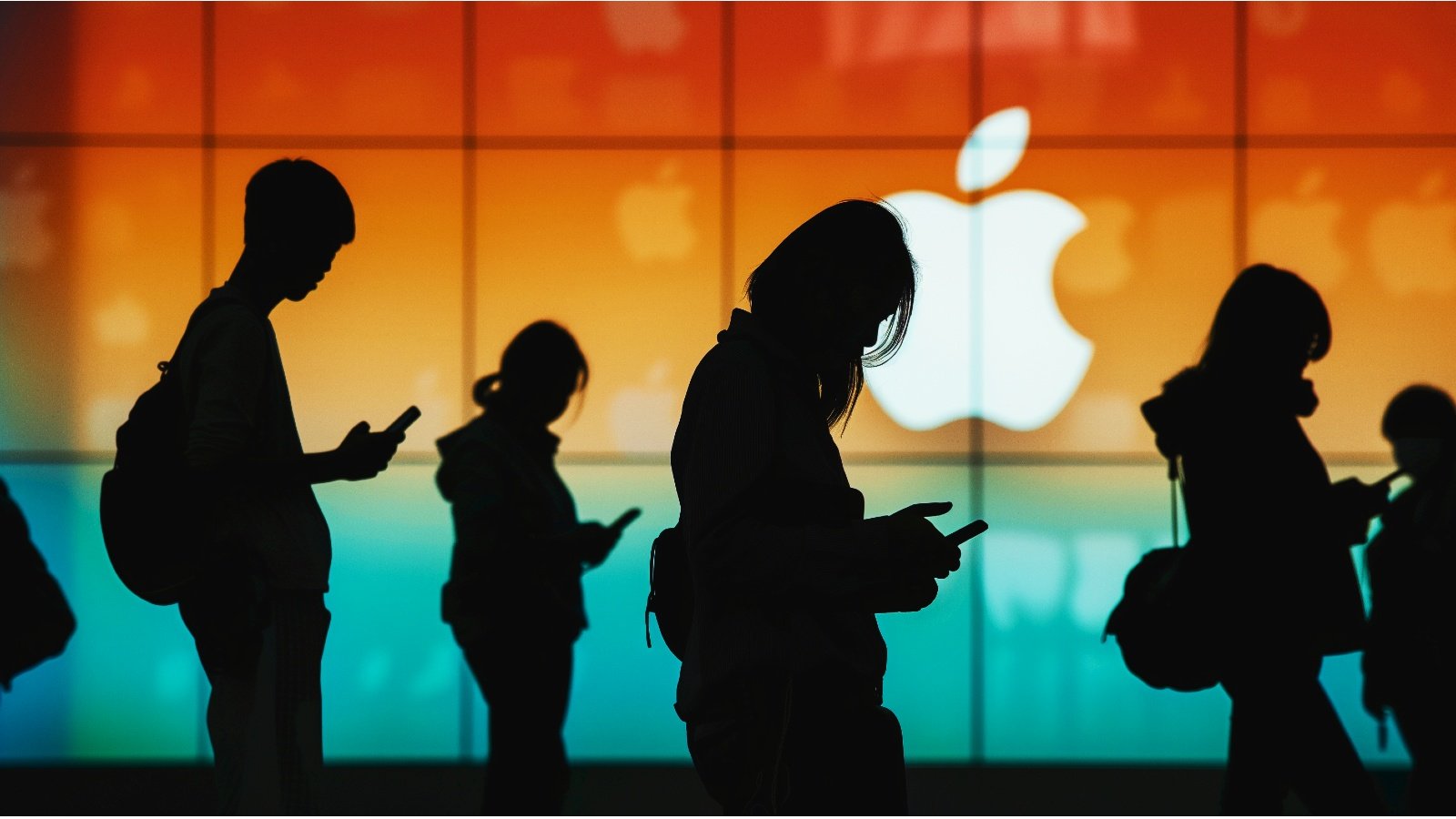France’s antitrust authority, the Autorité de la concurrence, has imposed a substantial fine of €150 million (approximately $162 million) on Apple for allegedly leveraging its App Tracking Transparency (ATT) framework to exploit its dominant position within the mobile app advertising market. This decision underscores key cybersecurity implications and sheds light on current trends in data privacy and competitive practices.
### Understanding App Tracking Transparency (ATT)
Introduced in June 2020 and fully enforced since April 2021 with the rollout of iOS 14.5 and iPadOS 14.5, the App Tracking Transparency framework compels applications to seek explicit user permissions before collecting data for targeted advertising. While ATT was designed with user privacy in mind, the Autorité de la concurrence has argued that its implementation is neither necessary nor proportionate to its stated aim of safeguarding personal information.
### Impacts on Smaller App Publishers
The Autorité highlighted that the implementation of ATT disproportionately disadvantages smaller app publishers. In contrast to larger, vertically integrated platforms that can utilize extensive proprietary data, smaller publishers often rely heavily on third-party data to sustain their business models. The current configuration of ATT complicates the user consent process: users encounter multiple consent notifications, creating an environment where rejecting tracking can be done with a single click. This not only discourages users from opting into data sharing but also overshadows the efforts of smaller developers striving to offer competitive services.
### Compliance with GDPR Standards
Moreover, the ATT framework has drawn criticism for its non-compliance with the General Data Protection Regulation (GDPR), particularly regarding its neutral application and user experience. The French regulator found that the complexity introduced by ATT in seeking user consent could hinder effective engagement with third-party applications.
### Apple’s Economic Dominance and Legal Implications
The Autorité de la concurrence acknowledged the significance of the matter, considering Apple’s substantial economic power and the duration of the inferred violations from April 26, 2021, to July 25, 2023. Consequently, they imposed a fine of €150 million and mandated that Apple publicize a summary of the decision on its website for a period of seven days.
This fine comes on the heels of other significant penalties against Apple, including a €1.8 billion ($1.95 billion) fine by the European Commission one year prior for stifling competition for other music streaming services. Additionally, France’s Commission Nationale de l’Informatique et des Libertés (CNIL) previously fined Apple €8 million ($8.5 million) for unauthorized data collection for targeted advertising within the App Store.
### Conclusion: The Intersection of Cybersecurity and Market Competition
This ruling not only throws a spotlight on the complexities of app data privacy but also emphasizes the urgent need for robust cybersecurity practices and transparent mechanisms that safeguard consumer data while fostering fair competition among application publishers. As the tech landscape evolves, stakeholders must prioritize ethical data practices and compliance with privacy regulations to ensure a balanced digital environment.
For further insights into cybersecurity trends, consider exploring the latest data from the MITRE ATT&CK framework, which analyzes malicious actions and highlights effective defense techniques that can safeguard applications and user data in today’s interconnected world.
